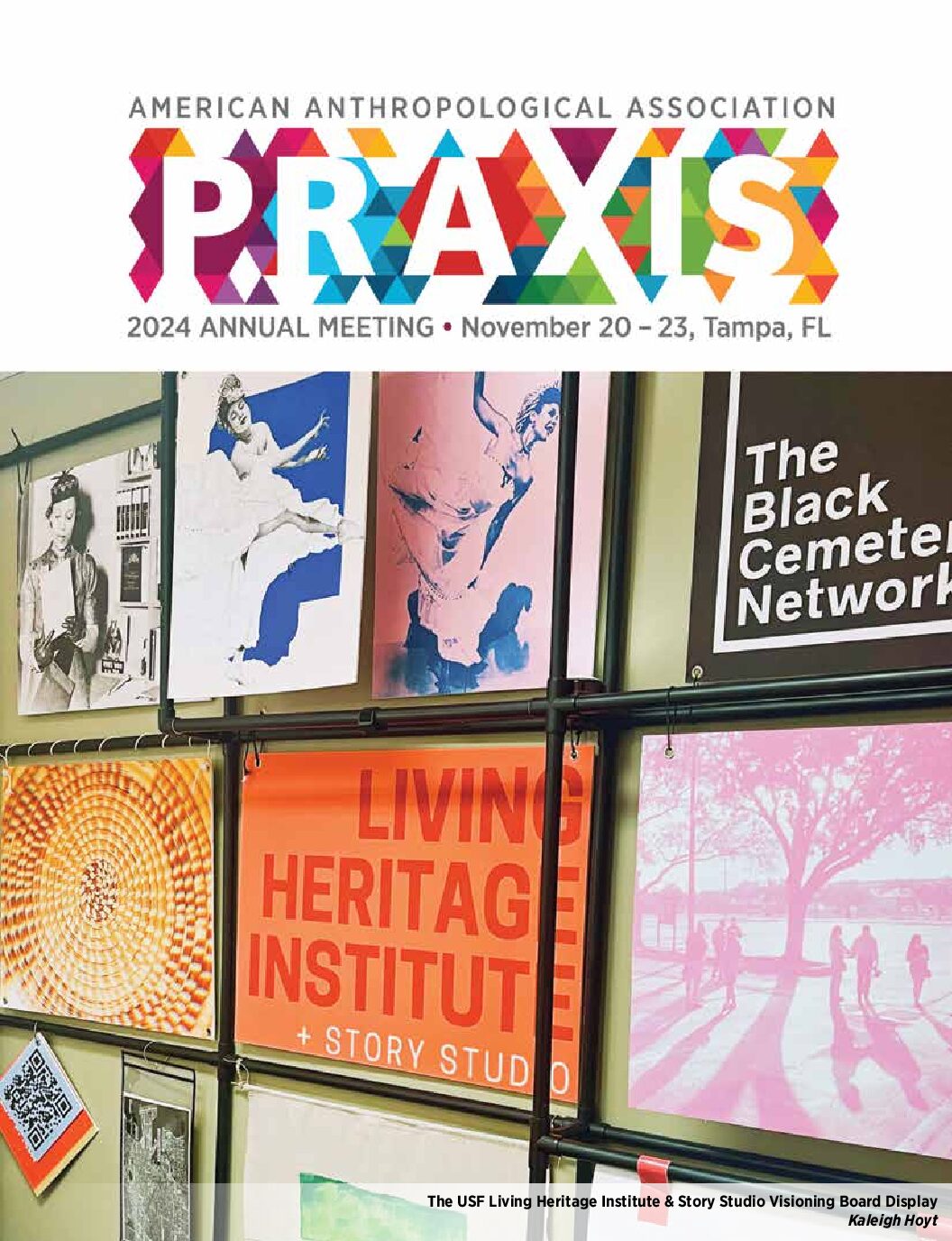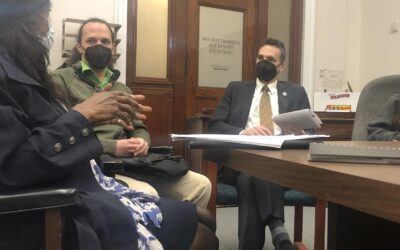The cultural politics of dental humanitarianism (Chapter of Culture of Oral Health)
Sarah E. Raskin, 2022
Multiple sociopolitical trends underlie US residents’ unmet oral care needs, including lack of public spending on adult dental coverage, Medicaid reimbursement limitations, and organised dentistry’s obstructionism on proposed reforms. Meanwhile charitable volunteerism has been dentistry’s primary expression of social responsibility since the early 2000s, in particular periodic philanthropic events where volunteer clinicians deliver limited services en masse in public settings. Drawing on critical humanitarian theory and ethnographic data collected over a decade, this chapter explores the moral economy of temporary dental charity events. I consider how these events prioritise provider values above patients’ through everyday decisions, such as patients’ deservingness or providers’ stamina for heroics, and through organizational determinations such as hosting community-based dental education students who not only practice clinical skills but also are socialised to professional comportments including charitability. Thus, normative temporary dental charity events subjugate structural reform to a market-based status quo and disassociate patients’ oral suffering from the relations of power that produce it. In particular, the state and the profession are disinvested in making routine preventive and basic oral services equitable and perpetuate the fallacious and harmful individualization of blame for disease that is easily resolvable when identified at an early stage.


